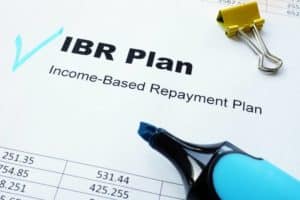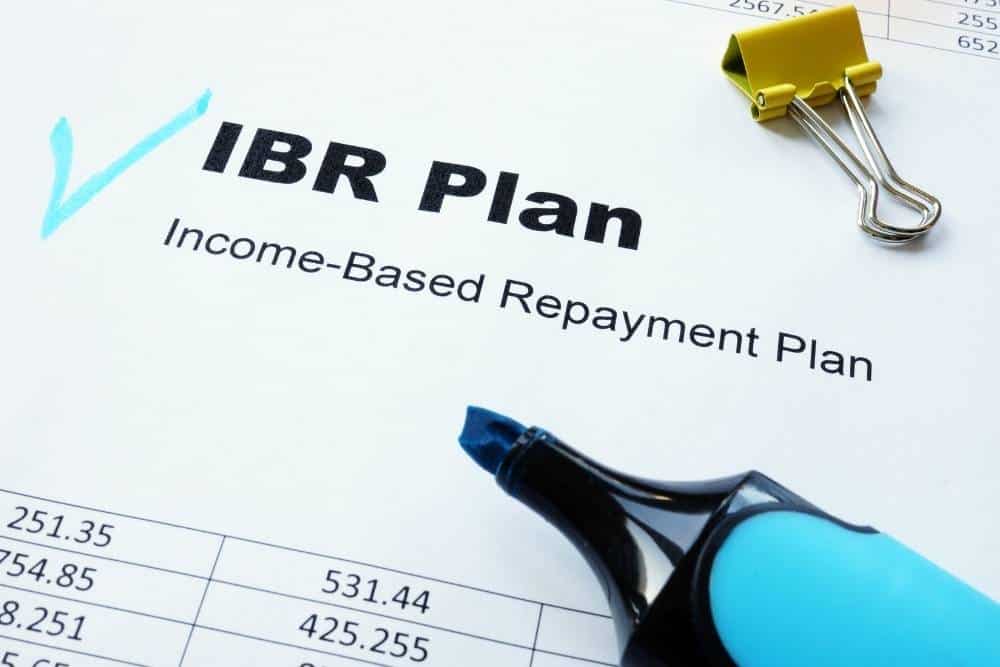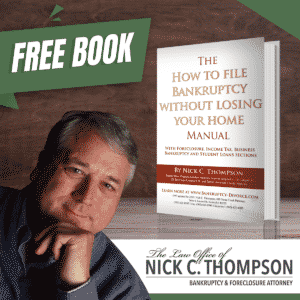A person will often file bankruptcy to eliminate their unsecured debts and then apply for an income based repayment plan to repay student loans. You can have a student loan which is paid directly often as a business or long term debt expense. This can reduce the Chapter 13 plan payment and keep the student loan current. The Student loan is paid normal payments. Other unsecured debts such as credit cards may be paid nothing. We can use this strategy in Kentucky but other jurisdictions may not allow it.
Student Loan Income Based Repayment (IBR)

You can also attempt to obtain an undue hardship discharge if the loan is still unaffordable after applying for an income based repayment plan. If you are denied an IBR and you are left without food and medical care or your income is very low you may be eligible for an undue hardship.
Related: Student Loan Discharge in Bankruptcy
⎆ Student loan income based repayment options use household income.
The income based repayment plan establishes your monthly student loan repayment upon your income. Below is the table for the income based repayment plan however notice that an income based repayment plan is based on household income not just your personal income. At the end of 25 years or retirement the loan is discharged. Parent Plus, FFEL (see Income Sensitive Repayment for FFEL) and private loans can’t be consolidated into IBR and should be discharged in other programs
After the initial determination of your eligibility for IBR, your payment may be adjusted each year based on your income and family size, but your required payment will never be more than the standard 10-year payment amount and is calculated at 15% of disposable income. Check to see if your student loans are private student loans or Federal Student Loans.
|
|||||||||||||||||||||||||||||||||||||||||||||||||||||||||||||||||||||||||||||||||||||||||||||||||||||||||||||||||||||||||||||||
 Resources for Student Loans
Resources for Student Loans
Student Loan Bankruptcy Law Reform
Current Student Loan Interest Rates
History of Student Loans in Bankruptcy
What is the Student Loan Brunner Test?
Student Loan Bankruptcy Qualifications
Do you need help managing your student loan? Contact my office right away to start the conversation. Nick C. Thompson, Attorney: 502-625-0905



